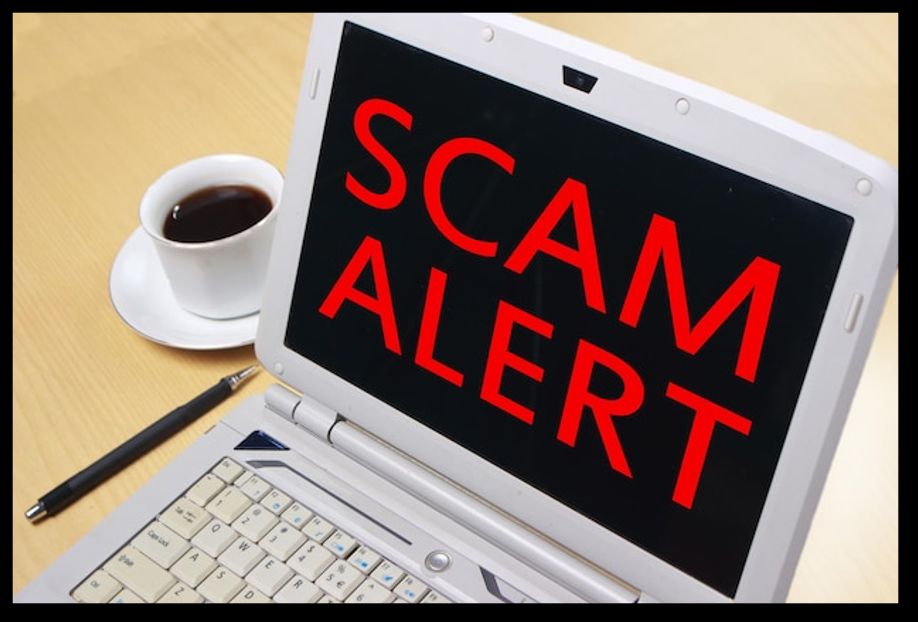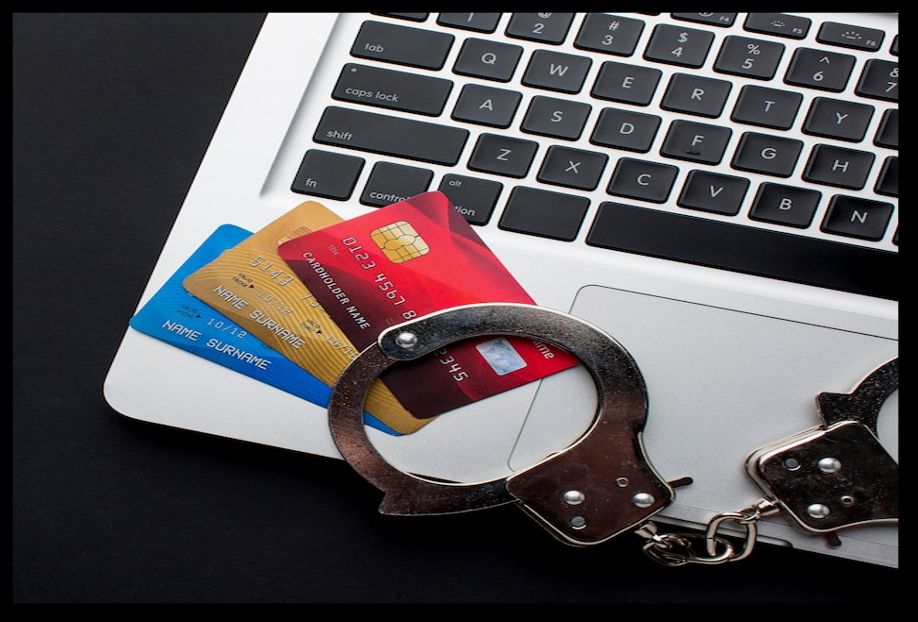Imagine this: You’ve found your dream property, only to realize it was nothing but a cleverly crafted illusion.
The reality is that many people fall victim to real estate scams, losing not just money but also their peace of mind. But here’s the good news there’s a path to recovery.
If you’ve been scammed, understanding how to reclaim your property and protect yourself from future scams is crucial.
Let’s dive into the essential steps you can take to turn this situation around and ensure your real estate journey is a successful one.
Be Aware of Your Rights

The first step to recovery is understanding your rights as a property owner. You have the right to seek legal help.
Consider hiring a lawyer who specializes in real estate fraud to guide you through the process.
They can inform you about the legal options available, helping you navigate the complexities of the law.
Knowing your rights can empower you and give you confidence in taking the necessary steps to recover your property.
Be Easy with Yourself

Feeling upset after being scammed is natural. Remember, this can happen to anyone! It’s important not to blame yourself for the situation.
Scammers are skilled manipulators, and it’s easy to get caught in their web of deceit. Reporting the scam, regardless of its size, is essential.
It’s the first step in regaining control of your situation. Talking to someone you trust about your experience can also provide emotional support during this challenging time.
Decline Offers from Scammers

Scammers often lure victims with irresistible offers that sound too good to be true. If you receive unsolicited proposals, trust your instincts and say no.
Be cautious about sending money, especially if the request involves upfront fees for land titles or other costs.
Always research any company or individual offering real estate deals, and if it feels off, walk away.
Contact Your Financial Institution

Once you realize you’ve been scammed, your next step should be to inform your bank or investment company.
They can help trace your funds and may even freeze your accounts to prevent further losses. This is crucial for protecting your finances.
If you have shared sensitive information, ask your bank about additional security measures they can implement to safeguard your accounts.
Conduct Thorough Research and Gather Evidence

Before reporting the scam, ensure you have solid evidence. Gather all relevant documents, including financial records, receipts, bank statements, and any communication with the scammer.
The more information you have, the stronger your case will be. Documenting your experience can help authorities understand the situation better and may aid in recovering your property.
Report the Matter to the Authorities

Finally, report the scam to your local authorities. Provide them with all the necessary details, including the institution involved in the scam and any documentation you’ve gathered.
This step is vital for legal action and can help prevent future scams. Authorities may also provide you with advice on further actions to take, ensuring that you’re supported throughout the recovery process.



